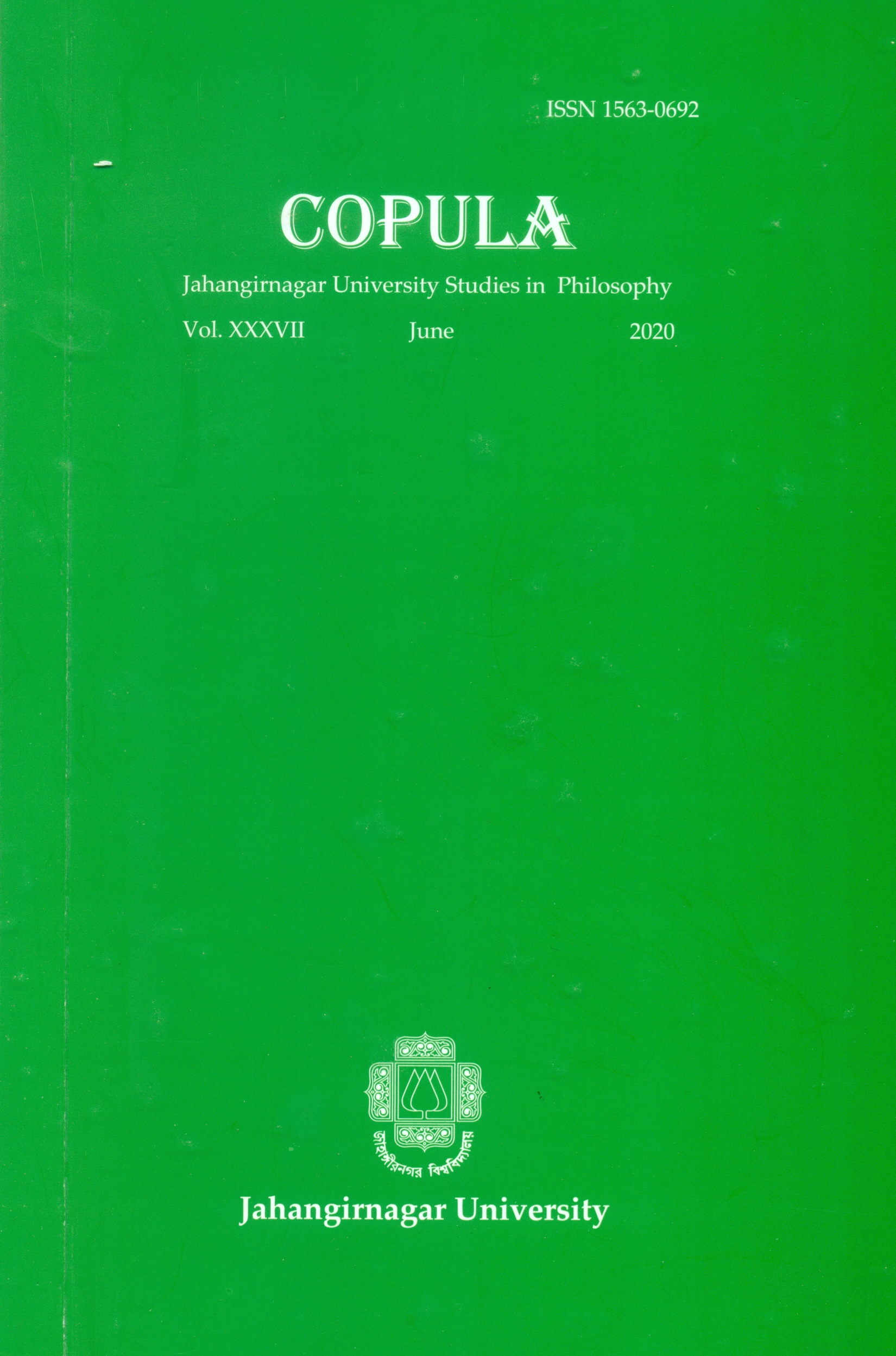Post-liberal peacebuilding as intercultural philosophy: Critical appraisal of liberal peace for holistic peace model
Main Article Content
Abstract
[Abstract : Following the critique of liberal peacebuilding that predominated global peacebuilding enterprise in the post-Cold War era, post-liberal peacebuilding has raised its profile to build a hybrid peace that bridges liberal peace and culturally oriented peace. However, revolving around Eurocentrism that believes the West’s historical, cultural, political, economic and intellectual distinctiveness in shaping the whole picture of global political and economic structures, epistemic and structural asymmetric relations between liberal West and non-West remain to be addressed in post-liberal peacebuilding. Without overcoming their asymmetric and hierarchical relationships, dialogical and equal relationship to build a sustainable peace would be impossible. This research seeks to examine how we can overcome asymmetric relationship between the Western liberals and non-West, especially epistemic injustice, that is a situation in which liberal West enjoys an unfair privileged status to produce theories and knowledge that many are supposed to rely on as a reference point to engage research, education and policy making. To address intellectual and socio-political and economic asymmetries between the liberal West and non-West, intercultural philosophy is proposed. It is a process to be liberated from any form of centrisms that posits a philosophy represents itself for a whole humanity. Practice of intercultural philosophy hones our epistemological, methodological, ethical and cultural modesty for better understanding and communication among multiple cultures and philosophies and reforms the asymmetry between the West and non-West in order to consolidate conditions for dialogue to tackle global challenges including peacebuilding. As an exemplar of intercultural philosophy approach to post-liberal peacebuilding, a critical appraisal of liberal peace from a Buddhist perspective is made, which allows this research to propose a holistic peace model.]

